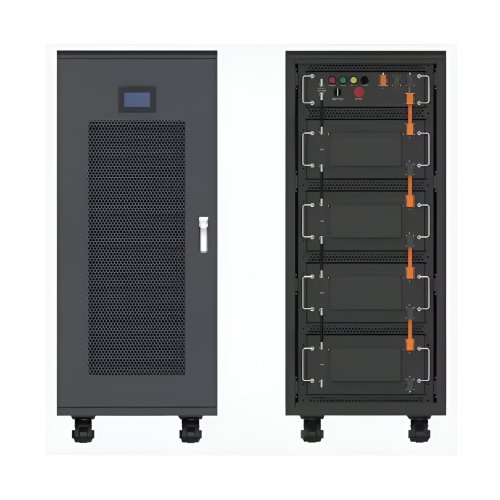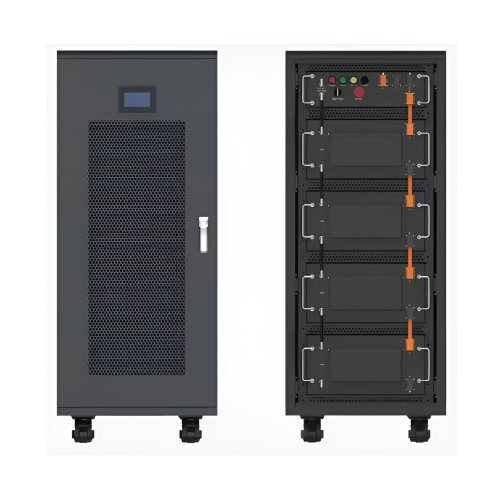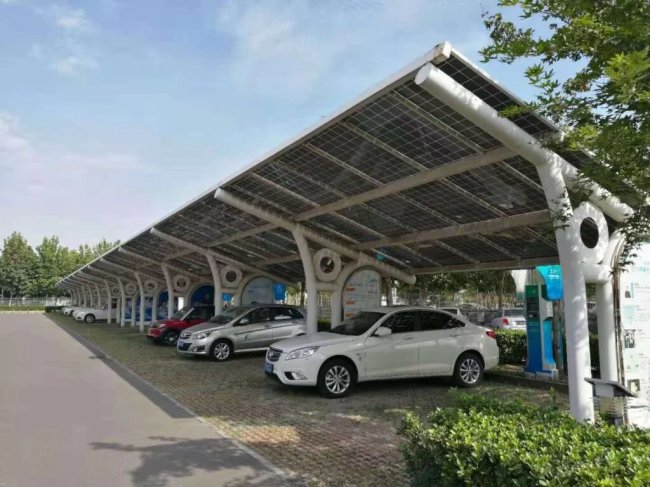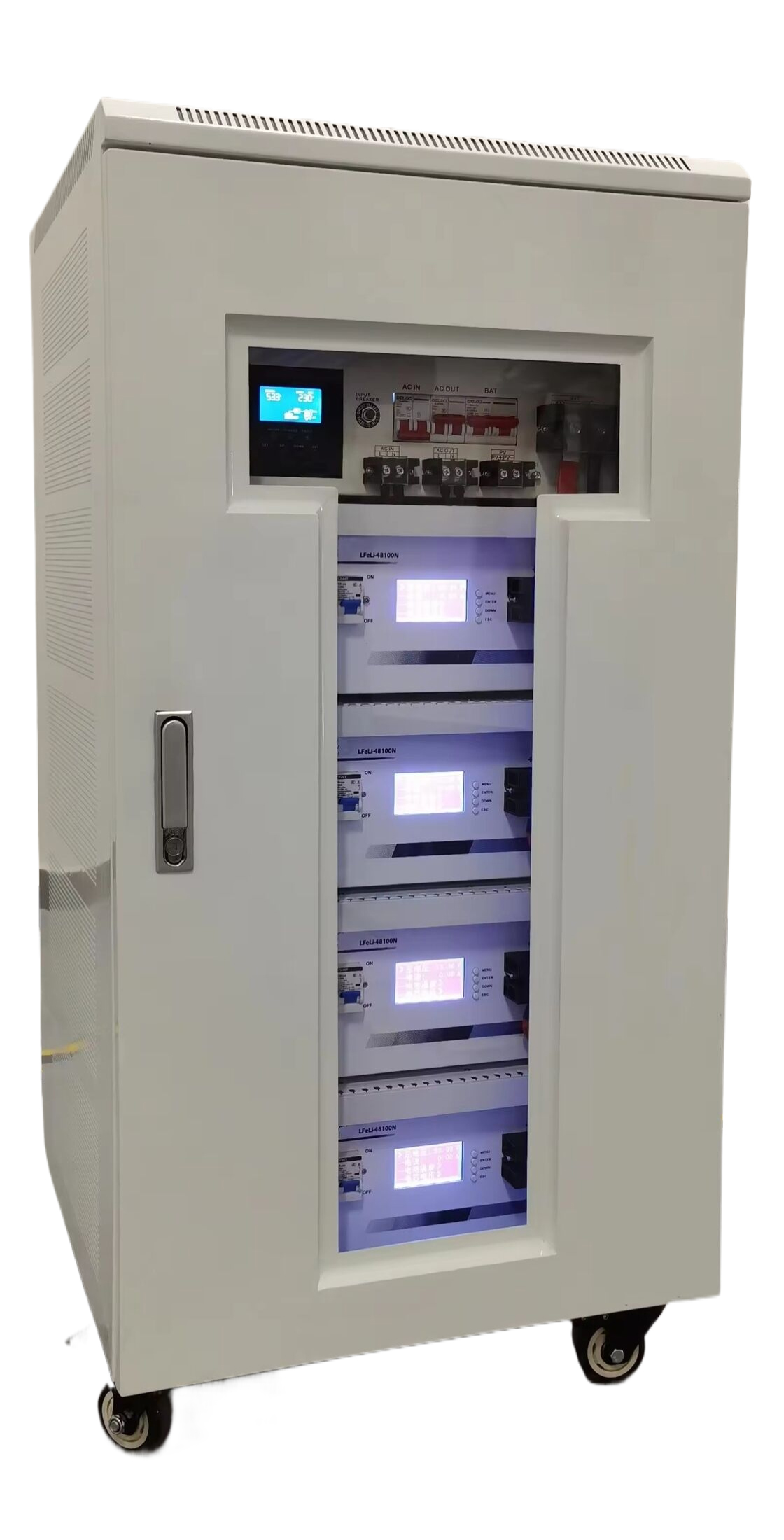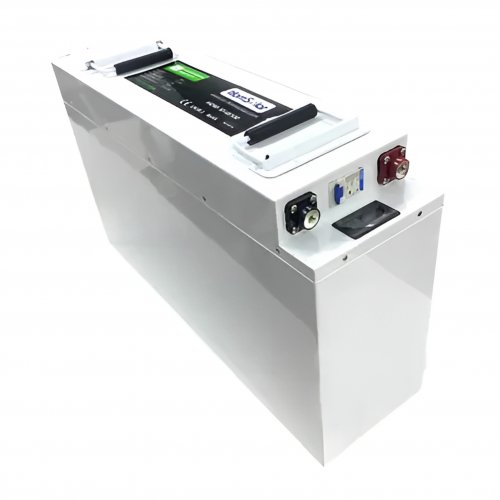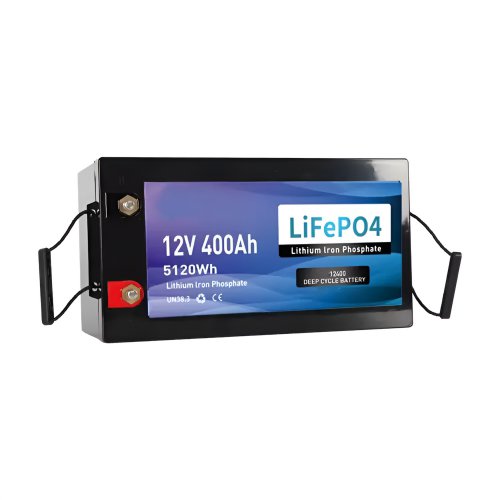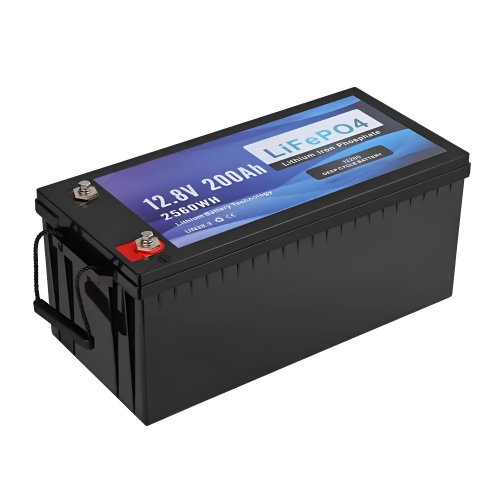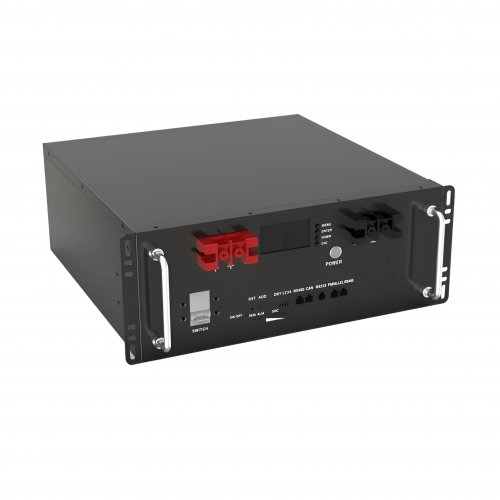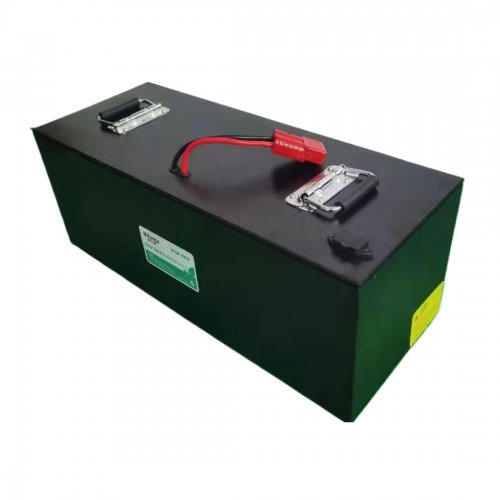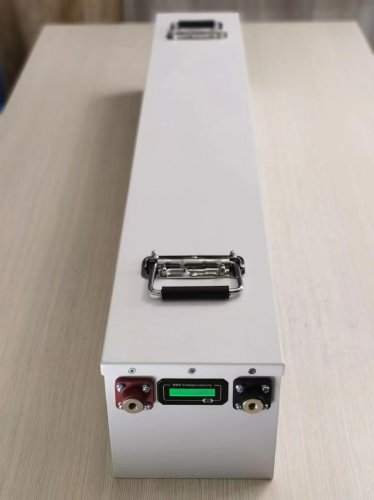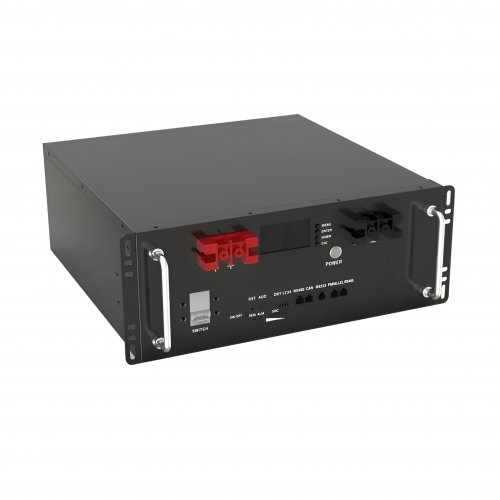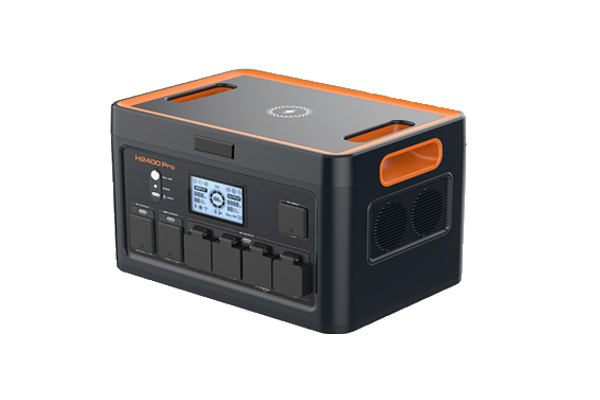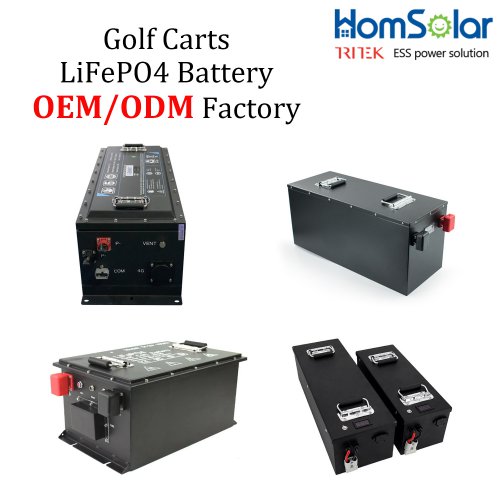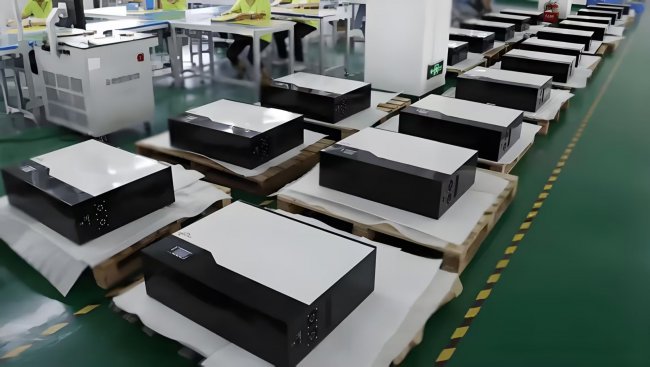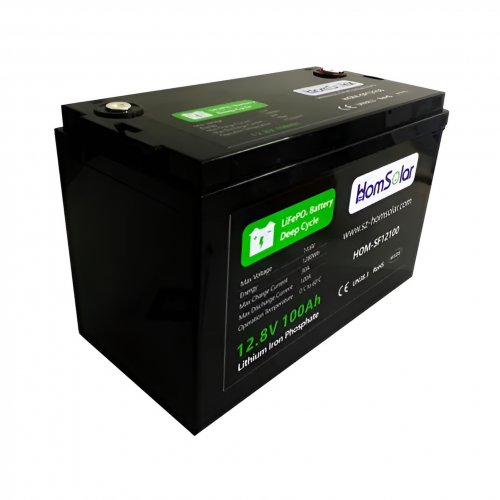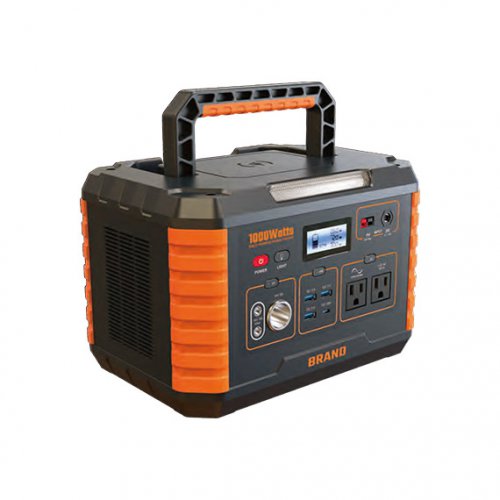Electric Vehicles News: Surging Demand, Supply Chain Challenges, And The Road Ahead
The global electric vehicle (EV) market is experiencing unprecedented growth, driven by tightening emissions regulations, technological advancements, and shifting consumer preferences. However, as adoption accelerates, the industry faces challenges ranging from supply chain bottlenecks to raw material shortages. This article examines the latest developments, emerging trends, and expert insights shaping the future of electric mobility.
EV sales surged in 2023, with global deliveries exceeding 14 million units—a 35% increase from the previous year, according to the International Energy Agency (IEA). China remains the largest market, accounting for nearly 60% of global sales, followed by Europe and North America. Automakers are responding with aggressive electrification plans, with companies like BYD, Tesla, and Volkswagen leading the charge.In the U.S., the Inflation Reduction Act (IRA) has spurred domestic EV production by offering tax credits for locally manufactured vehicles and batteries. Meanwhile, the European Union’s ban on internal combustion engine (ICE) vehicles by 2035 continues to push automakers toward electrification.
Despite strong demand, the EV industry faces significant supply chain hurdles. Lithium, nickel, and cobalt—key components in EV batteries—are in short supply, leading to price volatility. Analysts warn that without substantial investment in mining and recycling, shortages could slow production growth.To mitigate risks, manufacturers are diversifying supply sources. Tesla, for instance, has secured lithium deals with producers in Australia and Argentina, while Ford and GM are investing in battery recycling startups. Additionally, solid-state batteries—a promising alternative with higher energy density and reduced reliance on rare materials—are gaining traction, with Toyota and BMW aiming for commercialization by 2030.
Expanding charging networks remains critical for widespread EV adoption. Governments and private firms are investing heavily in infrastructure, with the U.S. allocating $7.5 billion under the Bipartisan Infrastructure Law to build 500,000 public chargers by 2030. Europe’s charging network has grown by 50% since 2022, but rural areas still lag behind.Industry experts emphasize the need for standardized, high-speed charging solutions. "The lack of interoperability between networks is a major pain point for consumers," says Dr. Emily Carter, a sustainable transportation analyst. "Universal standards and faster charging times will be game-changers."
Vehicle-to-grid (V2G) technology is gaining momentum as a way to stabilize power grids using EV batteries as energy storage. Companies like Nissan and Ford are piloting V2G programs, allowing EVs to feed electricity back into the grid during peak demand.Meanwhile, autonomous electric vehicles are inching closer to reality. Waymo and Cruise are testing self-driving EVs in select cities, though regulatory and safety concerns persist. "Autonomy and electrification are converging," notes automotive engineer Mark Fields. "The next decade will see EVs not just as transport but as integrated mobility solutions."
While optimism surrounds the EV sector, experts caution against overlooking environmental and ethical concerns. "Scaling up battery production must go hand-in-hand with sustainable mining practices and recycling," says Dr. Lisa Zhang of the Clean Energy Institute.Others highlight affordability as a barrier. "Lowering costs through economies of scale and innovation is essential to make EVs accessible to all income groups," adds Carlos Tavares, CEO of Stellantis.
The electric vehicle revolution is well underway, but its success hinges on overcoming supply chain constraints, improving infrastructure, and ensuring equitable access. As technology evolves and policies tighten, the industry must navigate these challenges while staying true to its decarbonization goals. The road ahead is electrified—but far from smooth.(End of Article)Customized/OEM/ODM Service
HomSolar Supports Lifepo4 battery pack customization/OEM/ODM service, welcome to contact us and tell us your needs.


HomSolar: Your One-stop LiFePO4 Battery Pack & ESS Solution Manufacturer
Our line of LiFePO4 (LFP) batteries offer a solution to demanding applications that require a lighter weight, longer life, and higher capacity battery. Features include advanced battery management systems (BMS), Bluetooth® communication and active intelligent monitoring.

Customised Lithium Iron Phosphate Battery Casing
ABS plastic housing, aluminium housing, stainless steel housing and iron housing are available, and can also be designed and customised according to your needs.

HomSolar Smart BMS
Intelligent Battery Management System for HomSolar Energy Storage System. Bluetooth, temperature sensor, LCD display, CAN interface, UART interface also available.


Terminals & Plugs Can Be Customized
A wide range of terminals and plugs can be customised to suit the application needs of your battery products.

Well-designed Solutions for Energy Storage Systems
We will design the perfect energy storage system solution according to your needs, so that you can easily solve the specific industry applications of battery products.



About Our Battery Cells
Our energy storage system products use brand new grade A LiFePO4 cells with a battery lifespan of more than 4,000 charge/discharge cycles.



Applications in Different Industries
We supply customized & OEM battery pack, assemble cells with wiring, fuse and plastic cover, all the cell wires connected to PCB plug or built BMS.
Applications: E-bike, Electric Scooter, Golf Carts, RV, Electric Wheelchair, Electric Tools, Robot Cleaner, Robot Sweeper, Solar Energy Storage System, Emergency Light, Solar Power Light, Medical Equipment, UPS Backup Power Supply.
We can provide you with customized services. We have the ability to provide a vertical supply chain, from single cells to pack/module and to a complete power solution with BMS, etc.


HomSolar (Shenzhen) Technology Co., Ltd







